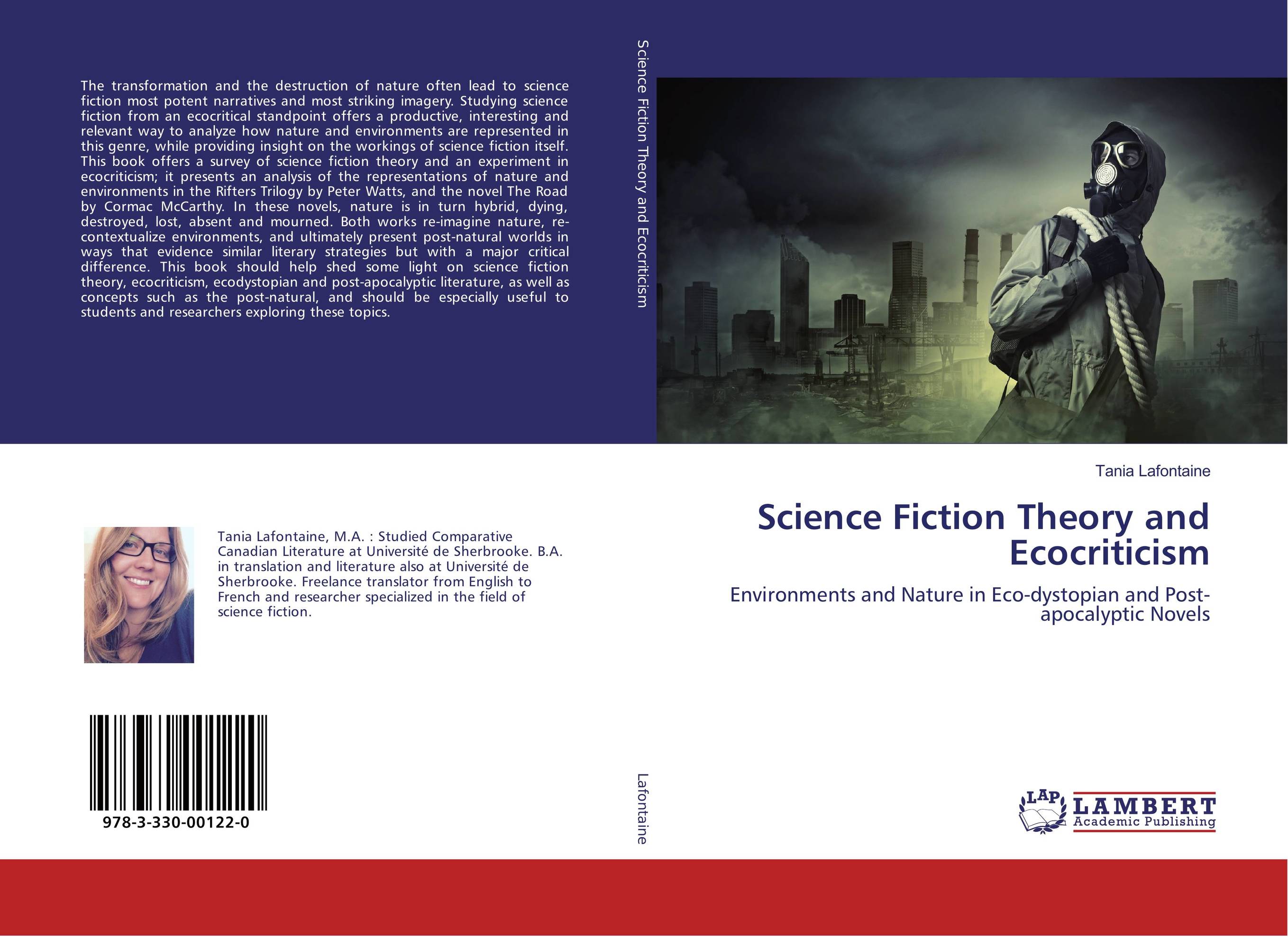| Поиск по каталогу |
|
(строгое соответствие)
|
- Профессиональная
- Научно-популярная
- Художественная
- Публицистика
- Детская
- Искусство
- Хобби, семья, дом
- Спорт
- Путеводители
- Блокноты, тетради, открытки
Science Fiction Theory and Ecocriticism. Environments and Nature in Eco-dystopian and Post-apocalyptic Novels

В наличии
| Местонахождение: Алматы | Состояние экземпляра: новый |

Бумажная
версия
версия
Автор: Tania Lafontaine
ISBN: 9783330001220
Год издания: 2016
Формат книги: 60×90/16 (145×215 мм)
Количество страниц: 100
Издательство: LAP LAMBERT Academic Publishing
Цена: 24629 тг
Положить в корзину
Позиции в рубрикаторе
Отрасли знаний:Код товара: 165276
| Способы доставки в город Алматы * комплектация (срок до отгрузки) не более 2 рабочих дней |
| Самовывоз из города Алматы (пункты самовывоза партнёра CDEK) |
| Курьерская доставка CDEK из города Москва |
| Доставка Почтой России из города Москва |
Аннотация: The transformation and the destruction of nature often lead to science fiction most potent narratives and most striking imagery. Studying science fiction from an ecocritical standpoint offers a productive, interesting and relevant way to analyze how nature and environments are represented in this genre, while providing insight on the workings of science fiction itself. This book offers a survey of science fiction theory and an experiment in ecocriticism; it presents an analysis of the representations of nature and environments in the Rifters Trilogy by Peter Watts, and the novel The Road by Cormac McCarthy. In these novels, nature is in turn hybrid, dying, destroyed, lost, absent and mourned. Both works re-imagine nature, re-contextualize environments, and ultimately present post-natural worlds in ways that evidence similar literary strategies but with a major critical difference. This book should help shed some light on science fiction theory, ecocriticism, ecodystopian and post-apocalyptic literature, as well as concepts such as the post-natural, and should be especially useful to students and researchers exploring these topics.
Ключевые слова: Dystopia, Ecocriticism, Environment, Literary Criticism, Literary theory, Literature, Science Fiction, post-apocalyptic, post-natural, ecodystopianism



